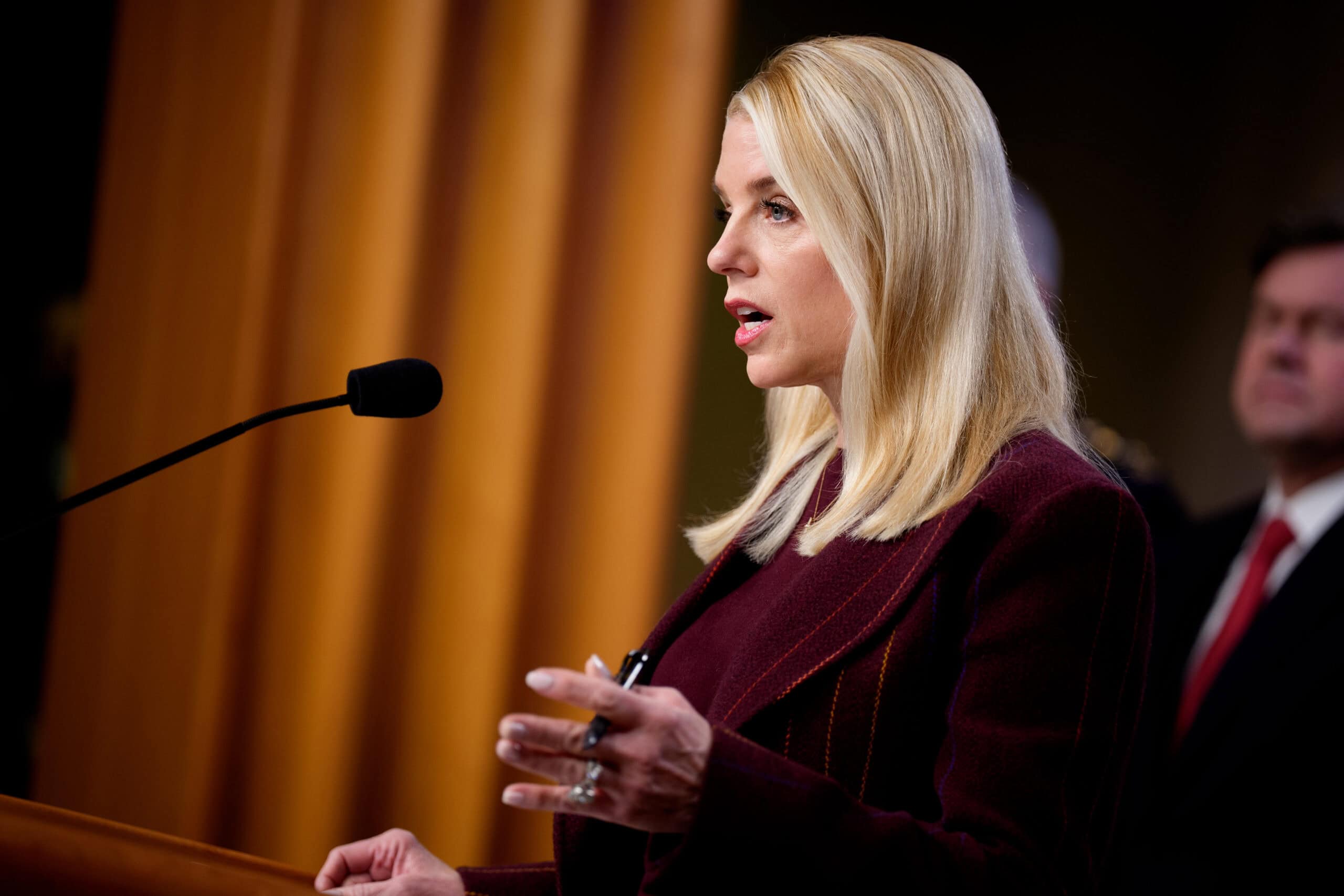What Can Christians Do for the Persecuted Church?

From pastors imprisoned in China to the outright slaughter of religious minority groups in Iraq, religious persecution is a global problem. According to research from Open Doors, a nonprofit that seeks to protect religious liberties, 2014 reached historic highs for worldwide religious persecution. In North America, we may feel somewhat immune to the violence against religious groups around the world, even as we face a different form of persecution as various laws and cultural trends attack our beliefs. But around the world, violent religious persecution is raging like a wildfire.
The media often avoid the truth behind these atrocities, and even our elected leaders—because of political correctness—look the other way to avoid dealing honestly with the issue. It’s important for us as Christians to know what’s happening in the world, to be better informed so that we can understand how to love, pray for and help our brothers and sisters in Christ. To better comprehend this issue, I talked with a good friend, former U.S. congressman Frank Wolf, who has dedicated much of his career to the cause of human rights around the world. He said that Christians can (and should) engage more in this issue through the following:
Seek out the stories of the persecuted church.
Not all of us are able to go to other countries and learn about what’s happening on the ground, to visit with Christians in refuge camps. But we can do our best to inform ourselves. It’s easy to focus on all the smaller, inconsequential stories that our culture seems to be obsessed with instead of learning about truly important matters. But by learning from and joining the efforts of groups like 21st Century Wilberforce, Voice of the Martyrs and Open Doors, we can have a more global perspective of God’s people and what battles they face daily.
Understand the truth that this is a real war.
There is a saying in the Middle East: “First the Saturday people, and then the Sunday people.” In 1950, the Jewish population of Iraq was 150,000. That population has been nearly eliminated today, and the focus has shifted to Christians and the Yazidis (a monotheistic religious minority). The situation with the Yazidis is a real genocide that’s going on as the world watches. And Christians in Iraq are suffering nearly as much. We may be headed to the extermination of Christians in the very cradle of Christianity.
Speak up, speak out.
If there’s one thing our system of self-government in the United States is strong at, it is urging our elected leaders to listen to what their constituents are saying. So say something! Call your congressman. Call your senators. You can even call the White House. Write a handwritten letter to your leaders. This actually carries more weight than just an email. Keep it simple, if you like. Just say, “Please do something about the Yazidis and the Christian women and children that are being hurt every day in Iraq.”
Join the efforts of the church.
The church must be the leader to speak out on these fundamental issues. Alexis De Tocqueville, when observing the church in America in 1831, wrote, “The pulpits were aflame with righteousness.” That’s what needs to happen today. Some church leaders have been very vocal and noble on this issue. But we need more church leaders and members of the church to take up the mantle. The church has to provide the leadership. Today, many millennials are asking, “Is the church relevant today?” If the church begins to speak up against actual evils in our world, it will absolutely be seen as relevant.
Lastly, we must pray every day.
As a couple, as a family, as a congregation. We must seek God’s mighty hand of protection for our brothers and sisters in Christ.
ABOUT THE AUTHOR
Jim Daly is an author and broadcaster, president of Focus on the Family and host of its daily radio broadcast, which is heard by more than 6.6 million listeners a week and has been honored as Program of the Year by the National Religious Broadcasters. Under his leadership, the ministry has reinvigorated its traditional focus on marriage and parenting. In just the last 12 months, 610,000 couples have built stronger marriages and 697,000 moms and dads built stronger, healthier, and more God-honoring families with the help of Focus on the Family. Daly is an author whose latest book, “When Parenting Isn’t Perfect,” released in 2017. In it, he encourages parents to realize that they, like their children, aren’t perfect and don’t need to be – they’re called to do their best in Christ, knowing that God works through all the messy family situations that are a normal part of this life. Daly and his wife, Jean, have two sons and live in Colorado Springs, Colorado.
Related Posts

Pastor Son’s Trial and the Crisis in South Korea
January 22, 2026

Is Religious Faith Gaining Influence in America?
December 26, 2025


